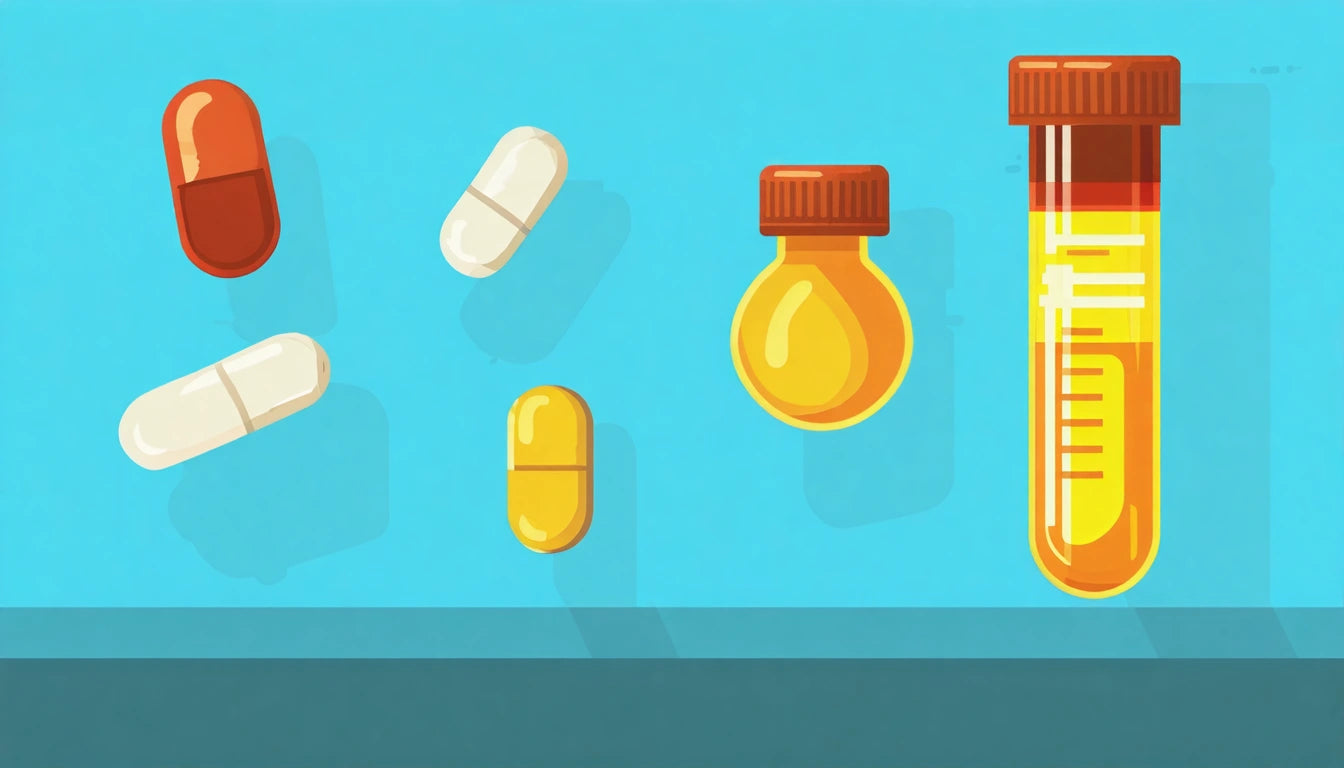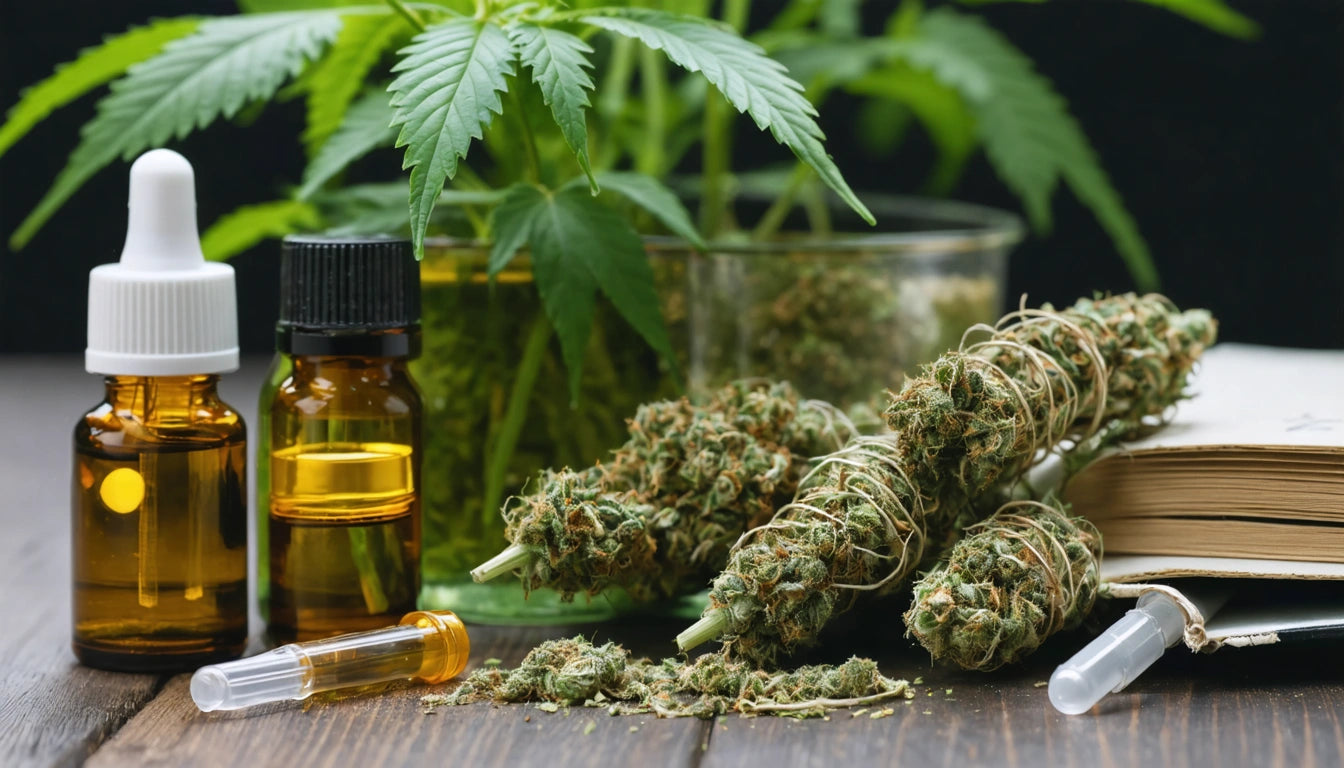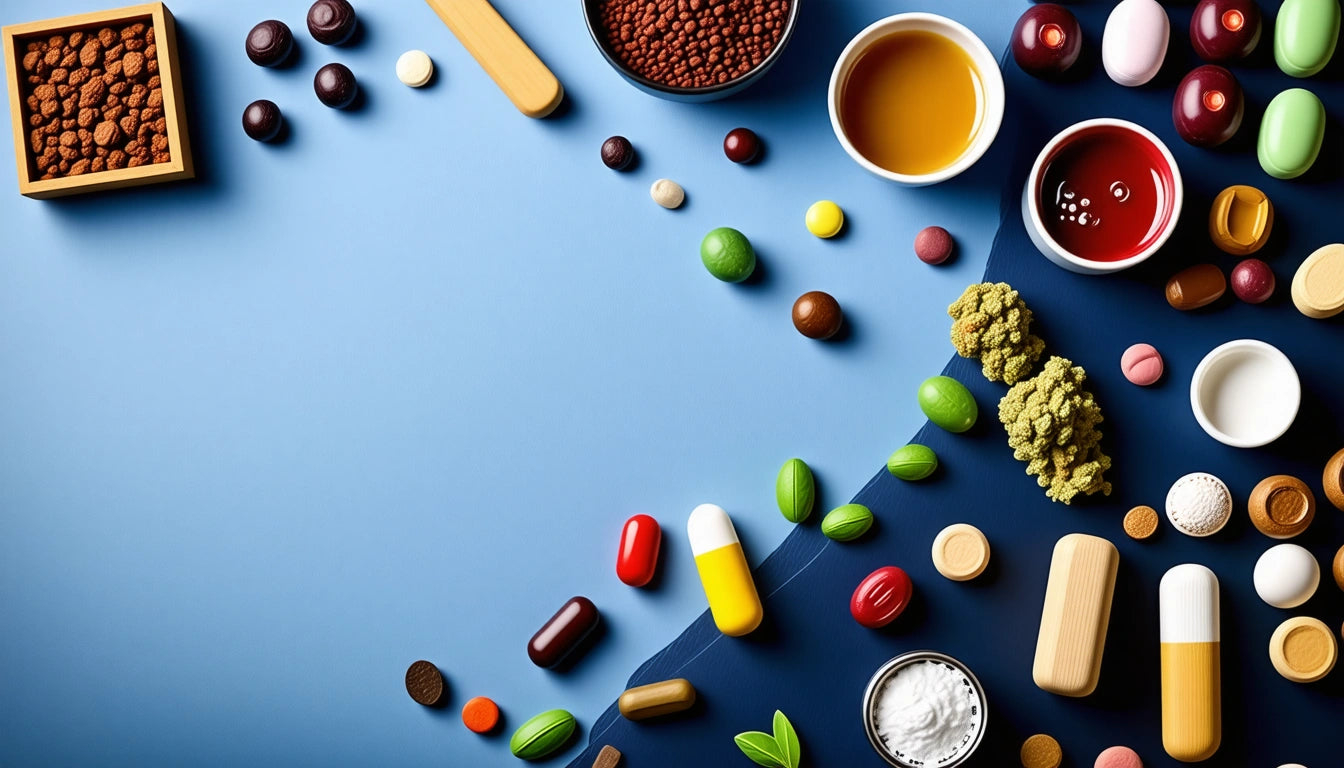Table of Contents
How Long Does THCA Stay in Your System?
Tetrahydrocannabinolic acid (THCA) is a non-psychoactive cannabinoid found in raw cannabis plants. Understanding how long THCA stays in your system is important for consumers concerned about drug testing or those using THCA for its potential therapeutic benefits. This guide explores detection windows across different testing methods and factors that influence how long THCA remains detectable.
Understanding THCA: What It Is and How It Works
THCA is the precursor to THC, the primary psychoactive compound in cannabis. In its raw form, THCA does not produce intoxicating effects until it undergoes decarboxylation through heating (smoking, vaping, or cooking). This transformation changes THCA into THC, which then produces the characteristic "high" associated with cannabis consumption.
According to this overview of THCA, the compound has gained attention for its potential anti-inflammatory, neuroprotective, and anti-emetic properties, leading many consumers to seek it out specifically.
THCA Detection Windows in Different Test Types
How Long Does THCA Stay in Your Urine?
For urine tests, which are the most common type of drug screening, THCA can typically be detected for:
- Single use: 3-7 days
- Moderate use (4 times per week): 5-10 days
- Heavy use (daily): 10-30 days
- Chronic heavy use: Up to 30-90 days
The question of whether THCA shows up on drug tests is important to understand. Standard drug tests typically look for THC metabolites, but some can detect THCA directly, especially if the test is specifically designed to identify raw cannabinoids.
How Long Does THCA Stay in Your Blood?
Blood tests can detect THCA for a shorter period compared to urine:
- Single use: 1-2 days
- Regular use: Up to 7 days
- Heavy use: Up to 14 days
How Long Does THCA Stay in Your Hair?
Hair follicle tests can detect THCA for the longest period:
- All usage levels: Up to 90 days or longer
How Long Does THCA Stay in Your Saliva?
Saliva tests typically have the shortest detection window:
- Single use: 24-48 hours
- Regular use: Up to 72 hours
Factors Affecting How Long THCA Stays in Your System
Several factors influence how long THCA remains detectable:
1. Metabolism and Body Composition
Individuals with faster metabolisms generally eliminate THCA more quickly. Body fat percentage also plays a role since cannabinoids are fat-soluble and can be stored in fat cells, extending detection times in people with higher body fat percentages.
2. Frequency and Amount of Consumption
As noted in this article on THC detection, more frequent and heavier consumption leads to longer detection windows. This applies to THCA as well, especially when considering how it converts to THC.
3. Hydration and Physical Activity
Proper hydration and regular exercise may help speed up the elimination of THCA from your system, though their impact is modest compared to other factors.
4. Method of Consumption
How you consume cannabis affects THCA retention. Raw cannabis consumption (juicing or eating raw flower) delivers pure THCA, while smoking or vaping converts most THCA to THC before it enters your system, resulting in different metabolic pathways and detection profiles.
THCA vs. THC: Important Differences in Detection
Understanding the differences between THCA and THC is crucial when discussing detection times:
- THCA is non-psychoactive and found in raw cannabis
- THC is psychoactive and results from heating THCA
- Standard drug tests primarily look for THC-COOH (a THC metabolite)
- Some specialized tests can distinguish between THCA and THC
If you're consuming raw cannabis for its THCA content, it's important to note that some THCA may naturally convert to THC over time through exposure to light or heat, potentially triggering a positive drug test result.
Strategies for Faster THCA Elimination
If you're wondering how to get THCA out of your system faster, consider these approaches:
Hydration and Diet
While no method guarantees rapid elimination, staying well-hydrated helps support your body's natural detoxification processes. A diet rich in fiber can also assist with elimination through the digestive system.
Exercise
Regular physical activity may help metabolize and eliminate cannabinoids more quickly, though intense exercise right before a drug test is not recommended as it can temporarily increase THC levels in the bloodstream by releasing stored cannabinoids from fat cells.
Time
The most reliable method for clearing THCA from your system is simply time. Abstaining from cannabis products allows your body to naturally eliminate the compound according to the timeframes mentioned earlier.
Safety and Practical Considerations for THCA Users
When using products containing THCA, safety should be a priority. Proper storage of THCA products is essential, especially in households with children. According to safety standards for potentially harmful substances, cannabis products should be kept in child-resistant packaging to prevent accidental ingestion.
For medical users of THCA, it's advisable to:
- Consult healthcare providers about potential drug interactions
- Start with low doses to assess individual response
- Keep detailed records of usage and effects
- Be aware of workplace drug testing policies
- Store products properly in original, labeled containers
Understanding how THCA is extracted and produced can also help consumers make informed choices about product quality and potential contaminants that might affect detection times.
The duration of THCA's effects (how long does THCA high last) is another consideration, though it's important to remember that pure THCA doesn't produce intoxication until converted to THC. The effects of converted THC typically last 2-6 hours, while detection of the compounds in your system continues long after the effects have subsided.











Leave a comment
All comments are moderated before being published.
This site is protected by hCaptcha and the hCaptcha Privacy Policy and Terms of Service apply.